On June 16 (US time), federal judge Allison Burroughs said she had extended the order blocking the enforcement of US President Donald Trump's executive order. However, it is not clear how long the judge's extension will last.
Earlier, on June 4, the US President signed an executive order temporarily banning foreigners from studying or participating in academic exchange programs at Harvard for the next 6 months. The executive order also asked US Secretary of State Marco Rubio to consider canceling visas of international students studying at Harvard.
The administration of US President Donald Trump continues to impose sanctions on Harvard University, but federal courts are taking steps to protect the school (Photo: SCMP).
Shortly after the order was signed, a federal judge issued a temporary restraining order. Once the restraining order expires, the judge will consider whether to extend it.
Judge Burroughs has now extended the restraining order and is considering the possibility of issuing a permanent restraining order.
On June 5, one day after the order was signed by the President, Harvard University filed a lawsuit in protest, thus expanding the dispute between Harvard University and the US government . The disagreements now mainly revolve around the school being stripped of the right to recruit international students and having its funding frozen.
If a federal judge grants a permanent injunction, Harvard would be protected while it pursues legal action against the US government's sanctions decisions.
According to the latest statistics, there are about 6,800 international students studying at Harvard, accounting for about 27% of the school's total student population.
Currently, the administration of US President Donald Trump considers Harvard a potential risk to national security and will seek to revoke the privileges the school once enjoyed.
Defending the government's actions against Harvard, Justice Department attorney Tiberius Davis argued that Congress has given the president broad authority in dealing with immigration issues.
This allows the US President the power to issue special orders regarding the entry of certain groups of foreigners, for the ultimate purpose of protecting national interests.
“We no longer trust Harvard to accept international students and scholars,” said attorney Davis, highlighting concerns about national security at Harvard University.
During a court hearing on June 16 regarding the US President's recent executive order on Harvard, attorney Davis continued to cite security concerns at Harvard, including the fact that Harvard receives money from foreign countries, including some "sensitive" sponsors.
Additionally, attorney Davis reiterated Harvard's failure to fully cooperate with government requests for data on some of the school's international students.
Source: https://dantri.com.vn/giao-duc/tham-phan-lien-bang-bao-ve-harvard-truoc-lenh-trung-phat-cua-tong-thong-my-20250617083454182.htm


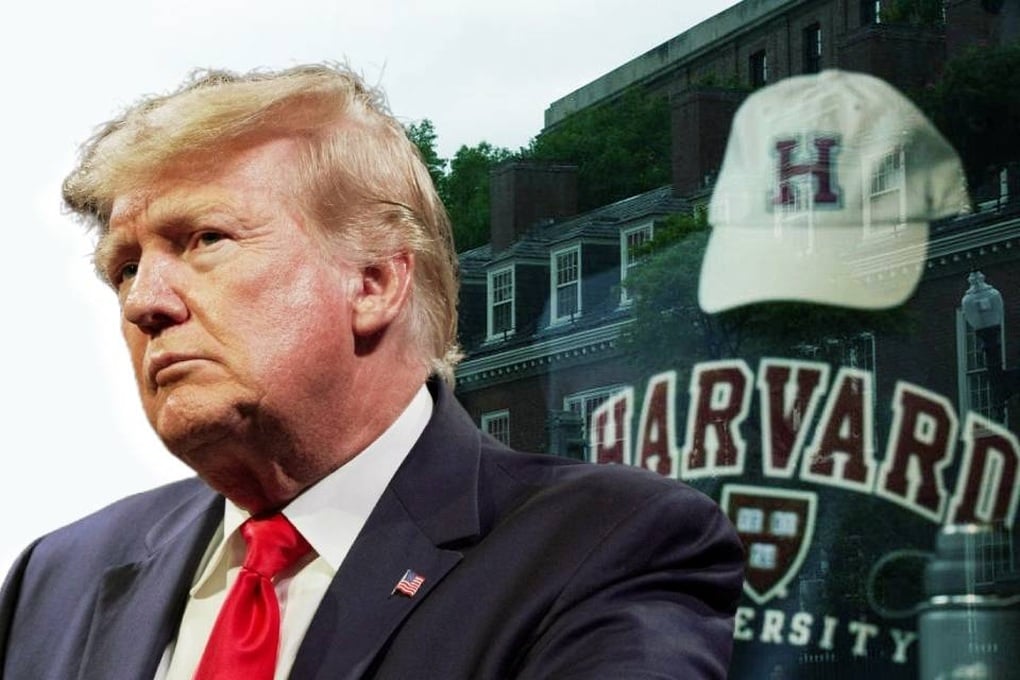








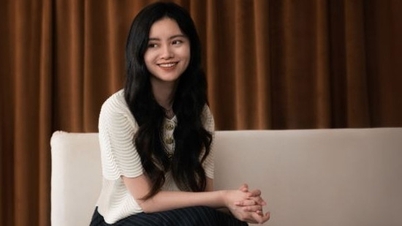

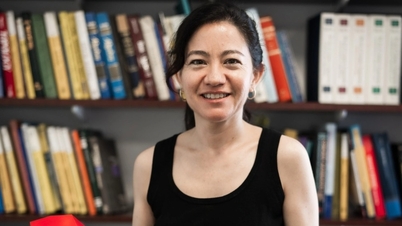
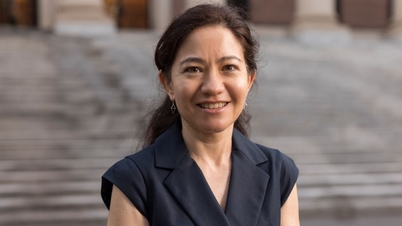
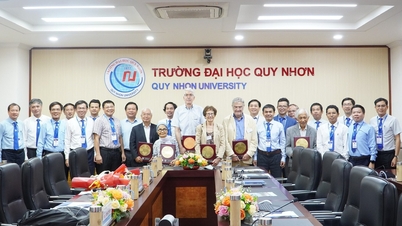




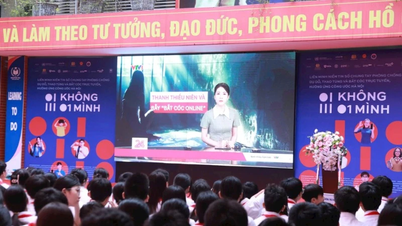


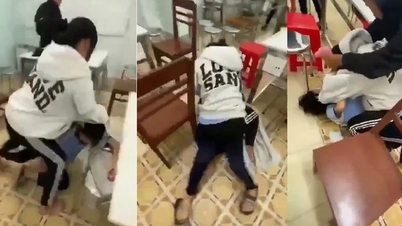












![[Photo] Prime Minister Pham Minh Chinh attends the annual Vietnam Business Forum](https://vphoto.vietnam.vn/thumb/1200x675/vietnam/resource/IMAGE/2025/11/10/1762780307172_dsc-1710-jpg.webp)












































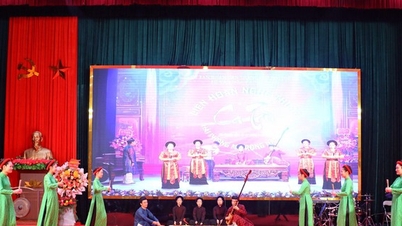






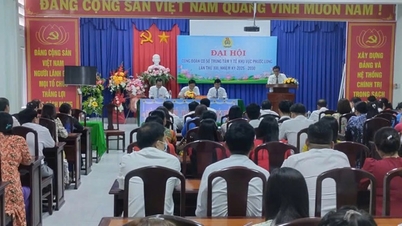






![Dong Nai OCOP transformation: [Article 4] Reaching national standard products](https://vphoto.vietnam.vn/thumb/402x226/vietnam/resource/IMAGE/2025/11/11/1762825820379_4702-cac-san-pham-trai-cay-chung-nhan-ocop-nongnghiep-174649.jpeg)



![Dong Nai OCOP transition: [Article 3] Linking tourism with OCOP product consumption](https://vphoto.vietnam.vn/thumb/402x226/vietnam/resource/IMAGE/2025/11/10/1762739199309_1324-2740-7_n-162543_981.jpeg)









Comment (0)